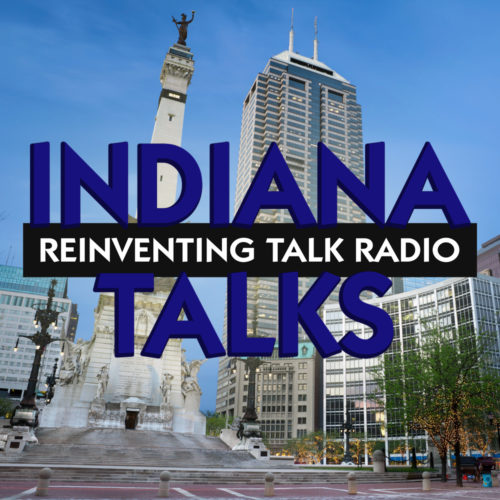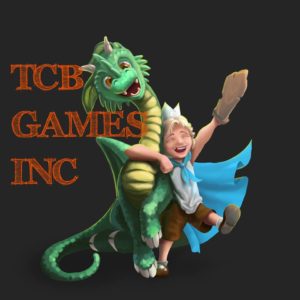Hated or Loved, Castro’s Consequential Legacy Part of History
 |
| Fidel Castro |
Fidel Castro died on Friday.
To me, Castro was a tyrant. He was a dictator. He held his country and his people back, and he had an unending hatred for what we would call democracy. To exiled Cuban refugees and their families, Castro was like Satan.
That Castro was the fiery revolutionary who could captivate or alienate an audience. That Fidel Castro seemed too mean to ever die.
One of the most consequential people of his time, Fidel Castro is gone at 90 years old. In death, as in life, he leaves many with much to think about and many emotions to experience.
Source: Indy Democrat Blog
About author
You might also like
When The Disrupted Push Back
By Ron Miller We tend to think of disruption as kind of a passive activity. The determined upstart enters the market and the established business doesn’t give it a second
Trump names Bush-era veteran and policy newcomer to posts
WEST PALM BEACH, Fla. (AP) — President-elect Donald Trump on Tuesday appointed an experienced hand from the George W. Bush era to his national security circle and a figure from
Drawing Lessons From July’s Jeep Hack
By Jessy Irwin If you were anywhere near the internet in late July, you probably read the news: Charlie Miller and Chris Valasek, two security researchers who specialize in hacking






